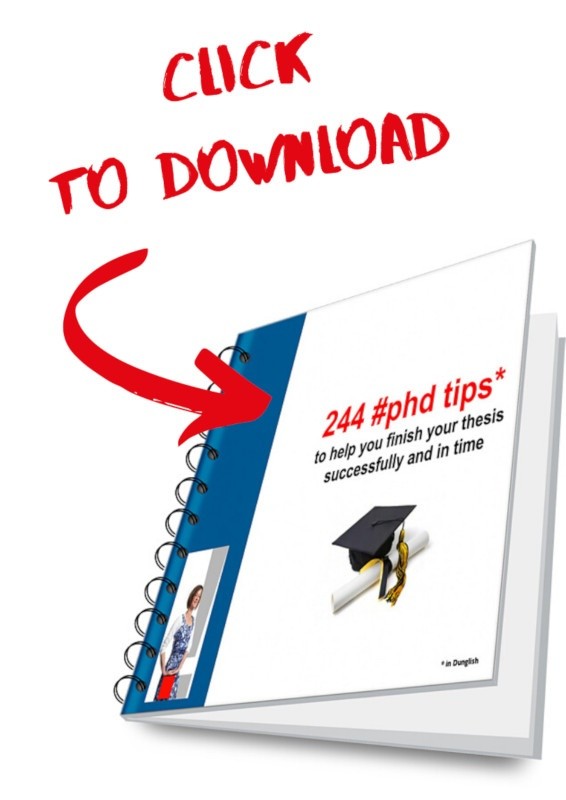It’s such an itch-inducing word: networking. Immediately, I’m reminded of networking events where you don’t know anyone and have to pretend you’re having a good time, and of forced introductory rounds with games. Yuck…
Maybe I’m projecting my own discomfort onto you, but I know few people who say, ‘Great, networking!’. Yet, a good network is incredibly important. And I’m not just talking about an academic network, including mentors, fellow PhD candidates, peers in your field, but also about relationships outside of the university: friends, family, professionals from other sectors. A network in both these groups ensures balance, reminds you that life isn’t just about work, and provides a fresh perspective on what you’re doing.

Imagine being deep in that complex part of your research. Your data just won’t align, or you’re struggling with writing that article. You’re starting to feel quite isolated. Then, your network becomes invaluable: a mentor who provides direction, a colleague who motivates, or a friend who listens. Everyone needs that. So do you.
Pursuing a PhD can be a lonely endeavor, and a network – read: a supervisor to talk to, a colleague who motivates, a friend to confide in – makes a world of difference. Even in Nature, articles discuss the importance of a good network, or how the mental well-being of PhD candidates is overlooked.
Seek connection
Suppose you’re stuck on an article or an experiment that just won’t work. A quick brainstorming session with a colleague, a meaningful conversation with your daily supervisor, and you have new input. Seek connection, look for mentors, colleagues, advisors, experts if your supervisors can’t provide what you need.
Take Bas, during a coffee break, he shared his frustration over an experiment he couldn’t get to work. A colleague from another lab suggested a slight adjustment to the setup, and Bas’ experiment ran smoothly thereafter.

How do you find these people?
Looking for a mentor, advisor, expert? Reach out to professors whose work you admire; join professional organizations related to your research field; attend conferences and workshops (I could recommend a few 😉), they’re great places to make new contacts. Or use platforms like LinkedIn or ResearchGate to find experienced researchers.
Connect with other PhD candidates and organize peer support. Sometimes, your university already offers a structure for this, but you can easily organize this peer support yourself.
Take Anna. She organizes a lunch with her fellow PhD candidates every month. During these meetings, they share their progress, discuss challenges, and support each other. Anna appreciates the practical tips and is relieved to know she’s not the only one struggling with feedback. This network helps her to persevere, even when things get tough.
Why is contact with other PhD candidates important? You can share experiences, exchange practical advice and strategies, give each other feedback.
A network beyond your work
Professional relationships are important, but personal relationships are even more so. In fact, they are crucial for your mental and emotional well-being. They provide a safe haven where you can escape the pressures of pursuing a PhD, remind you of your values and interests outside your research, and support you unconditionally.
Making time for a hobby, exercising with friends, or spending time with your family can greatly contribute to your overall happiness and resilience. It’s all about balance, and it’s up to you to see how that balance works for you. Do you still have time and energy after work?

Balance your network
The balance between academic and non-academic relationships is key. Too much focus on one can lead to feelings of isolation or burnout. Make sure you actively invest time and energy in both types of relationships. Schedule regular meetings with your academic network, but don’t forget to also make time for activities outside of science.
For example, Maria ends her workweek every Friday night by going dancing with friends. These evenings help her relax, shift her thoughts, and recharge her energy levels. As a result, she can clear her mind, truly use the weekends as weekends, and thus gain new energy to continue her research with renewed vigor on Mondays. But these evenings also remind her that there’s more to life than just work.
What about you?




